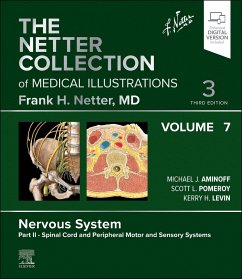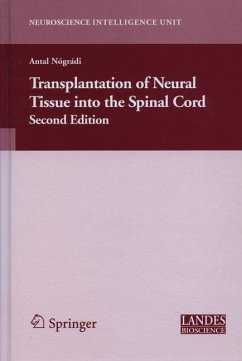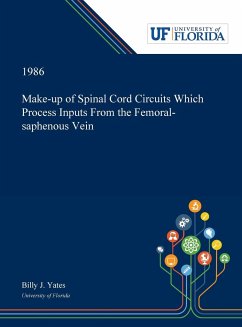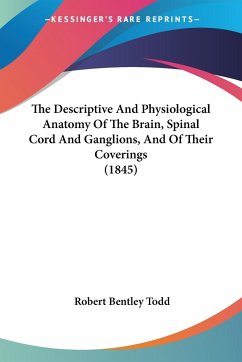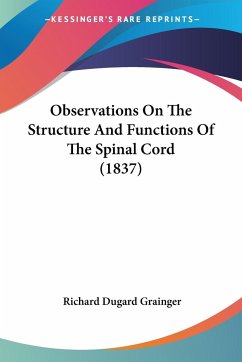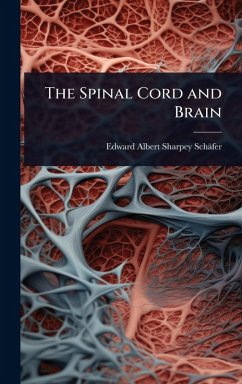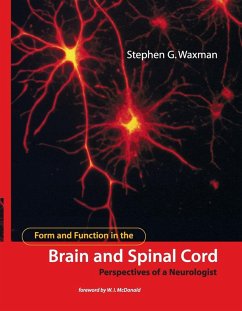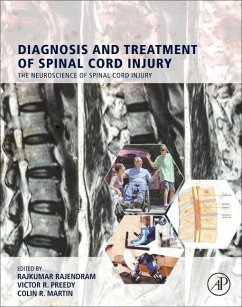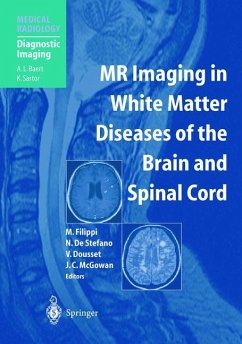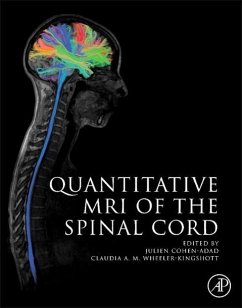
Motor Neurobiology of the Spinal Cord
Versandkostenfrei!
Versandfertig in 1-2 Wochen
63,99 €
inkl. MwSt.
Weitere Ausgaben:

PAYBACK Punkte
32 °P sammeln!
Traumatic injuries of the spinal cord continue to be the most common cause of permanent paralysis in young adults in the United States. New information has emerged on the response of spinal neurons to injury of either the spinal cord or peripheral nerves demonstrating that dendrites of injured motoneurons take on characteristics of axons. These and other new developments have helped to promote an exciting new era in the study of spinal cord neurobiology. Motor Neurobiology of the Spinal Cord provides a description of the recent conceptual and technical advances in the field. It provides a desc...
Traumatic injuries of the spinal cord continue to be the most common cause of permanent paralysis in young adults in the United States. New information has emerged on the response of spinal neurons to injury of either the spinal cord or peripheral nerves demonstrating that dendrites of injured motoneurons take on characteristics of axons. These and other new developments have helped to promote an exciting new era in the study of spinal cord neurobiology. Motor Neurobiology of the Spinal Cord provides a description of the recent conceptual and technical advances in the field. It provides a description of the new experimental tools available for investigating the neuronal properties that allow populations of spinal cord neurons to control muscles responsible for limb movements and posture. It covers topics ranging from genetics to kinematics and examines cells, tissues, or whole animals in species ranging from fish to humans that are normal, injured, or diseased. By integrating data derived from many new approaches, you'll learn about how spinal cord circuits operate under a variety conditions and about new and exciting inroads being made in motor neurobiology of the spinal cord. Motor Neurobiology of the Spinal Cord elucidates concepts and principles relevant to function and structure throughout the nervous system and presents information about changes induced by injury and disease.





